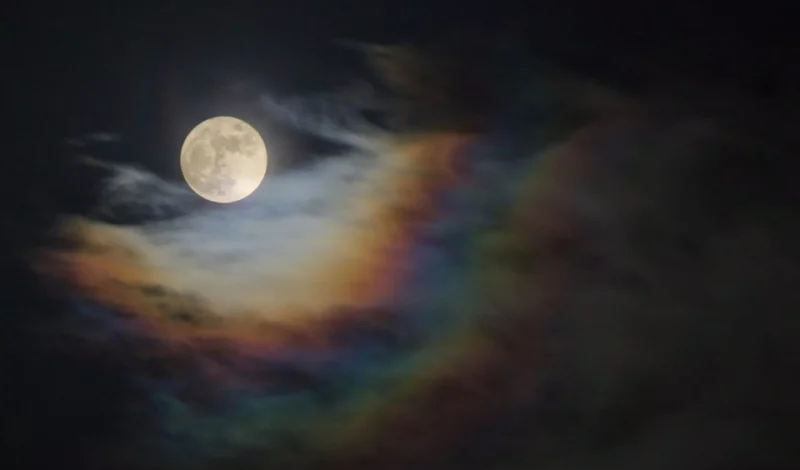Business laws regulate commerce, ensuring fair practices and resolving disputes. However, the legal world occasionally delves into the bizarre, leading to cases that seem straight out of a Halloween horror story. Spooky business laws delve into strange but true legal cases worldwide, unraveling mysteries behind these peculiar scenarios.
The Haunted House Disclosure
In the United States, a couple purchased a house only to discover later that it was haunted. The buyers sued the sellers, asserting that the sellers had a moral obligation to disclose the paranormal activity. The court had to determine whether the presence of ghosts constituted a material defect in the property. This case raised intriguing questions about the intersection of property law and the supernatural.
The legal battle focused on property disclosure. Generally, sellers are obligated to inform buyers about any defects in the property, ensuring a transparent transaction. The central question was whether a haunting could be classified as a defect. Although the court did not rule in favor of the buyers, the case stands as a spooky example of the complexities in property law.
The Case of the Cursed Ring
In another peculiar case, a jeweler sold a ring that was rumored to be cursed. Several previous owners had reported misfortunes after wearing it. When the latest owner faced a series of unfortunate events, they sued the jeweler, alleging that the ring indeed carried a curse. The court had to determine whether the jeweler could be held responsible for the alleged curse, highlighting the blurred line between superstition and legal responsibility.
This case delved into the realm of product liability. While products causing physical harm or defects are typically the subjects of such lawsuits, the intangible nature of a curse added a unique twist. The legal system had to grapple with the metaphysical, demonstrating the adaptability of the law to even the most supernatural of circumstances.
The Zombie Apocalypse Insurance Claim
A business owner once filed an insurance claim for damages caused by a “zombie apocalypse.” Although this might sound like a plot from a science fiction movie, the claimant argued that their business suffered losses due to reduced customer activity during a city-wide “zombie outbreak” scare. The case forced the insurance company to consider whether such an event fell within the policy coverage, showcasing the importance of precise legal definitions in insurance contracts.
Insurance law often deals with unforeseen circumstances, but a zombie apocalypse certainly stretched the limits of imagination. This case emphasized the necessity for meticulous policy drafting, ensuring that all potential scenarios, no matter how fantastical, account for. It highlighted the legal intricacies involved in determining the validity of claims stemming from events that challenge conventional reality.
The Vampire Employment Discrimination Lawsuit
In a truly bizarre case, an employee alleged that they were fired for being a vampire and sued their employer for discrimination. In this case, legal professionals explored employment law and the intricacies of discrimination. Although real-life vampires don’t exist, the lawsuit served as a metaphor for various forms of discrimination present in society. The legal system had to navigate the blurred lines between personal identity, workplace rights, and employer prerogatives. Resulting in them emphasizing the ongoing necessity for comprehensive anti-discrimination legislation.
This case explored employment law and the intricacies of discrimination. Although real-life vampires don’t exist, the lawsuit metaphorically represents various forms of discrimination present in society. The legal system had to navigate the blurred lines between personal identity, workplace rights, and employer prerogatives, emphasizing the ongoing necessity for comprehensive anti-discrimination legislation.
The Phantom Product Patent
A company patented a product termed a ‘phantom invention.’ This enigmatic patent, lacking concrete details about functionality or design, puzzled experts. Legal scholars debated its validity, spurring discussions on patent criteria and intellectual property boundaries.
In this case, the focus shifted to intellectual property law, specifically patent law. While patents typically cover novel and useful inventions, the concept of a ‘phantom invention’ disrupted norms. Experts pondered whether an idea without a tangible form could gain patent protection. This case underscored the need for precise definitions in patent law. It ensures a clear understanding and contributing to innovation and technology advancement.
Final Thoughts
These spooky business law cases might seem stranger than fiction, but they remind us of the complexity of legal systems. Haunted houses, cursed jewelry, and supernatural employment disputes challenge our understanding of the law. It highlights the importance of adapting legal frameworks to evolving societal beliefs and values. As we navigate the intricacies of business laws, these peculiar cases serve as eerie reminders that truth can indeed be stranger than fiction in the realm of the legal world.




